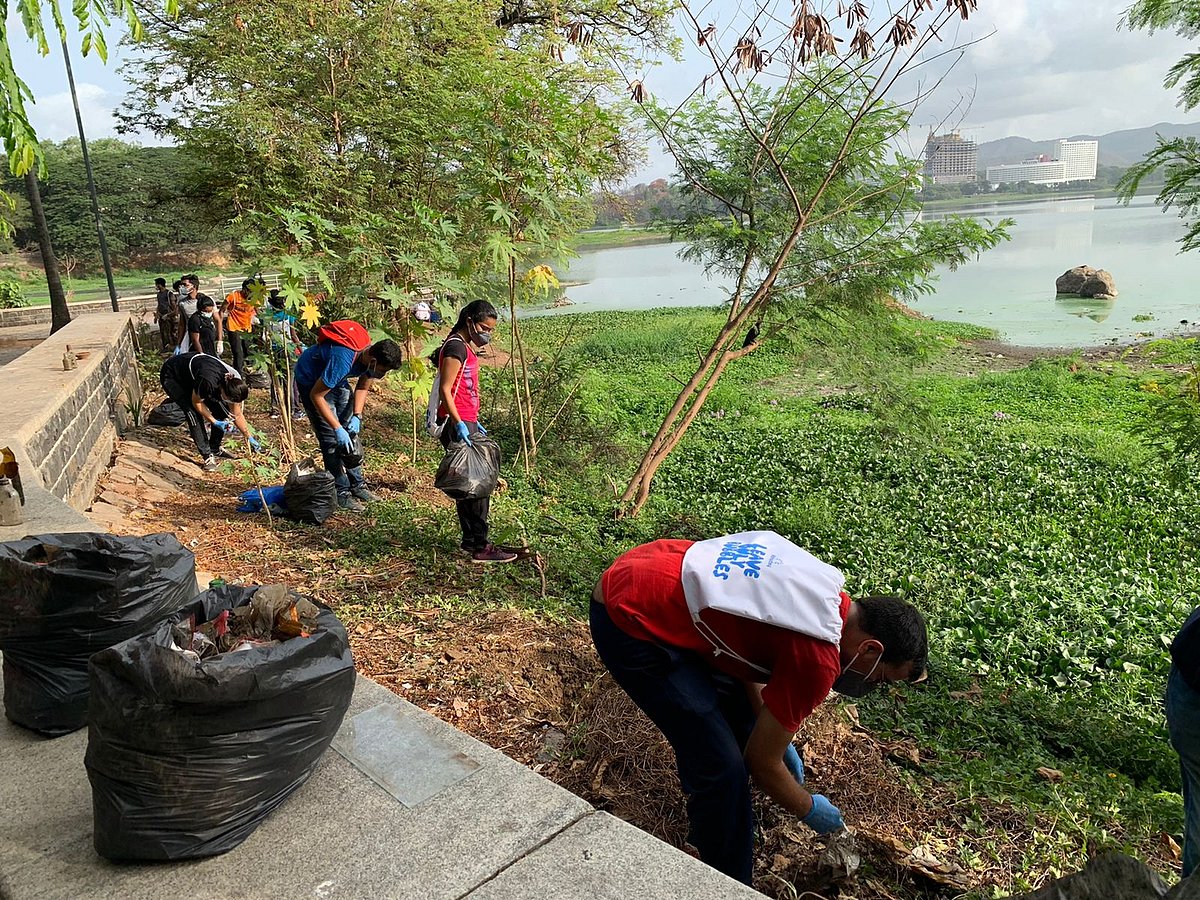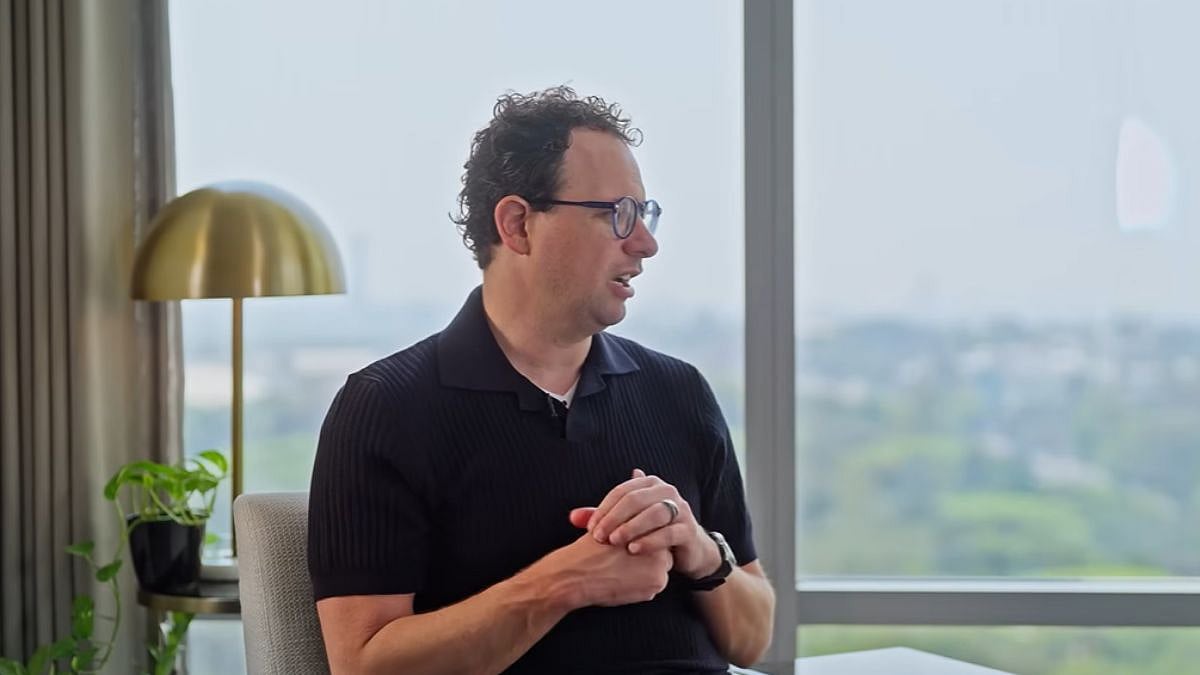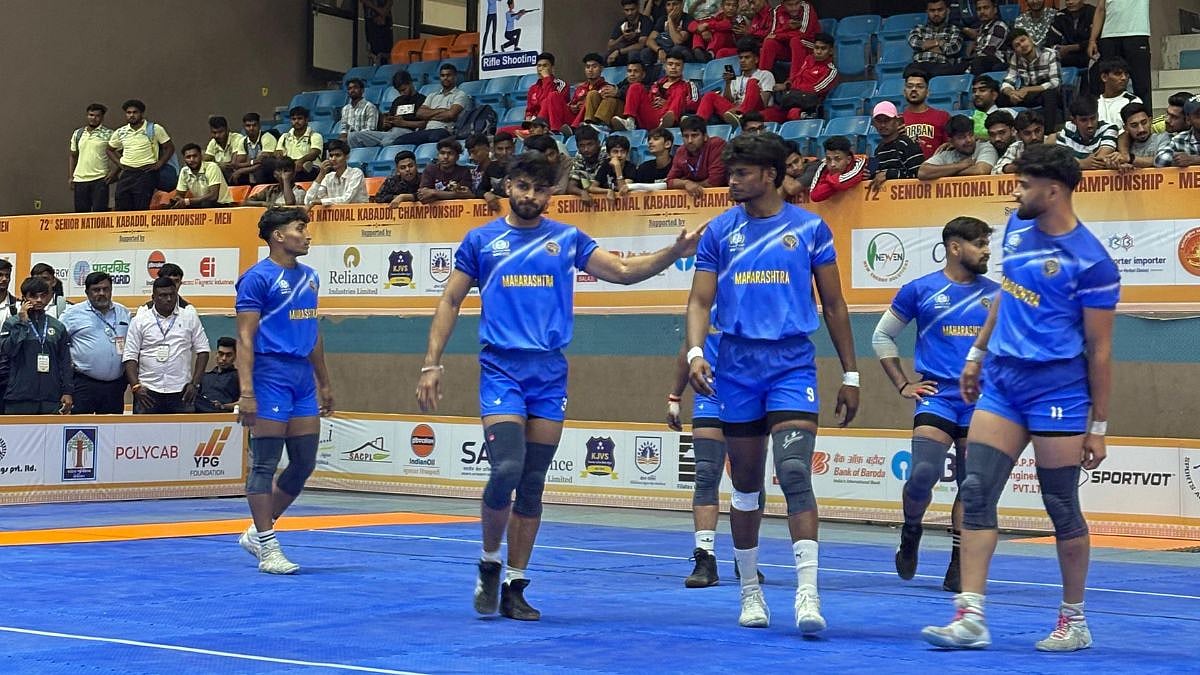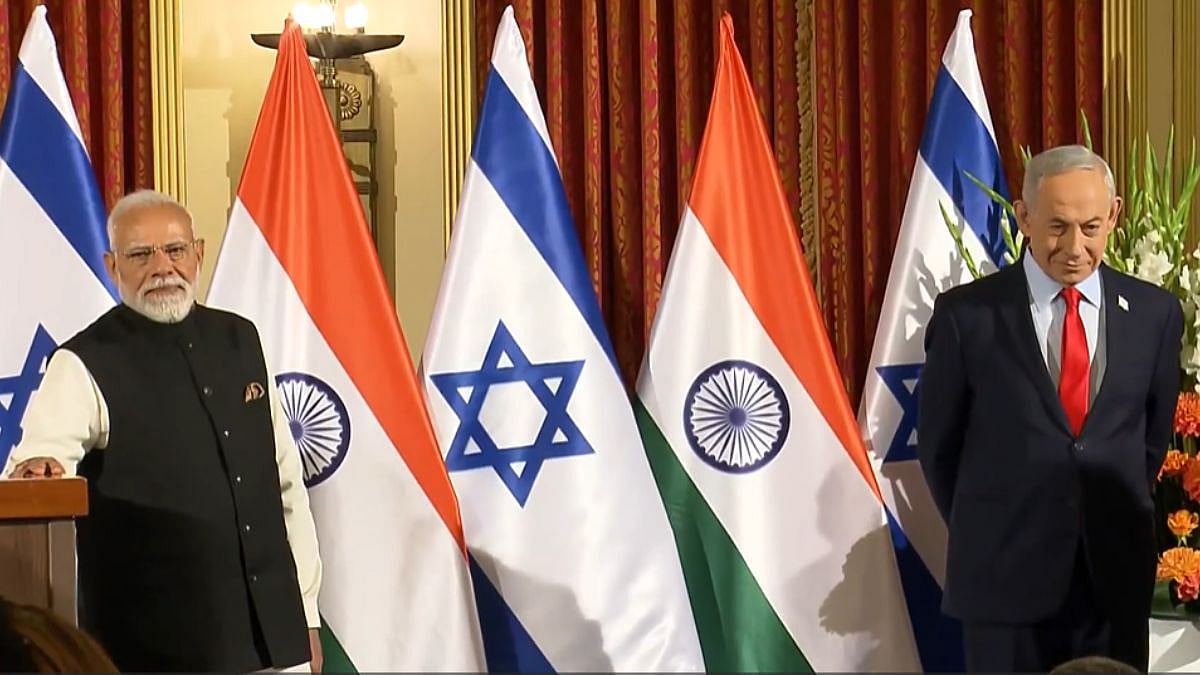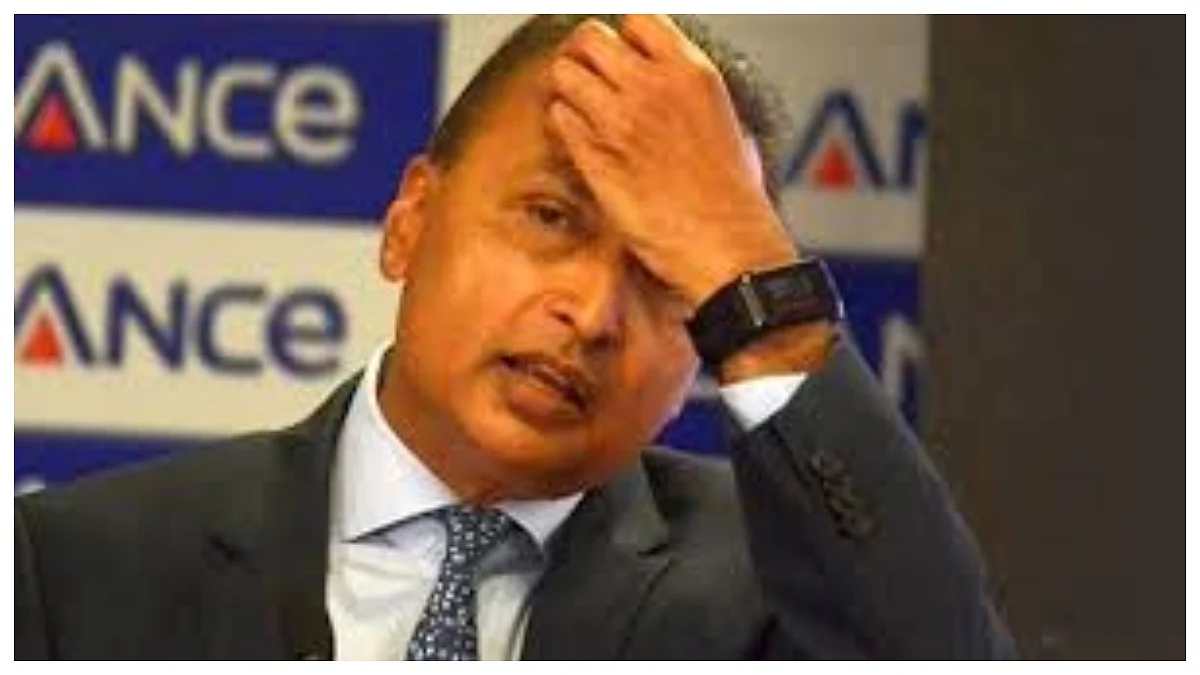In a collective effort towards environment awareness, Maharashtra Environment Minister Aditya Thackeray and Higher and Technical Education Minister Uday Samant to kick start various activities for Environment Week between June 7 and 13.
The beginning of the “Environment Awareness and Cleanliness Week” would start from Worli fort in the presence of the ministers and other dignitaries on June 7 at 8 am.
IIT Bombay was the first to respond to the initiative and started cleaning area near Powai Lake from Sunday morning. About 400 volunteers from IIT Bombay’s Abhyuday team would clean the 2 km long lake perimeter for cleaner, greener, and healthier environment. Sophia College for Women are also taking part in the campaign.
Under Mazi Vasundhara Campaign and in partnership with National Social Service and UNICEF, youths from across the state would participate in the activities with a huge number. The NSS units have organised the cleanliness drives at educational institutes in their area, forts, wells, riverbeds, lakes, caves, historic places, government hospitals, public places, bus depots, railway stations etc.
There would be street plays, awareness programmes based on a theme “Climate Change” and “Cleanliness” narrating the importance of keeping village, city clean, caring for environment, solid waste management, planting trees, plastic free India etc. All the colleges are told to establish “Green Clubs” to encourage activities like tree planting and conduct various programmes throughout the year.
Encouraging the activities, Mission Director of Mazi Vasundhara programme, Sudhakar Bobade said “Climate change impacts are obvious; however, women and youth are more vulnerable to the impacts. With this initiative, youth and children will get an opportunity to voice the impacts of climate change and act on it. The initiatives would focus on Panchamahabhuta (Bhumi, Vayu, Jal, Agni and Akash) of Majhi Vasundhara and will provide a platform for capacity building of youth in the arena of climate change.”
Yusuf Kabir Water, Sanitation, Hygiene (WASH) Specialist and Focal Point for CCES, DRR & Emergency, UNICEF Field Office for Maharashtra highlighted importance of involving youths in the programmes.
“Gender equity and climate justice is also another gap in the absence of timely information, awareness and resources. Although not widely recognised, climate change is a child rights crisis because children bear the brunt of its impacts without doing any deterrent action. Taking this into consideration, UNICEF Mumbai has collaborated with Centre for Environment Education (CEE) Pune, Youth Groups, NYKS to provide support to youth activists in developing state level customised training modules, facilitating training and outreach with an aim to strengthen advocacy capacities of young activists, improve their advocacy plans and create climate parliamentarian of Youth Groups for the State of Maharashtra,” he said.
NSS would be leading the cleanliness campaign across the state. “Our youths would be conducting various activities aiming ‘Green and Clean Maharashtra’. There would be tree planting and conservation drive. We want to spread the messages of environment awareness through these drives and also implement it,” Dr. Prashantkumar Wanaje, State Liaison Officer, NSS said.
Utkarsha Kavadi, Director, Secretariat, Maharashtra Urban WASH & Environmental Sanitation Coalition (Maha-UWES-C) said, “Local solutions can play a crucial role in dealing with the global impact of environmental issues. With this objective, the Maharashtra Urban WASH & Environmental Sanitation Coalition, is working to support the State and Local Governments as well as other development organisations in achieving various targets under the Government schemes and missions & the Sustainable Development Goals. The Maha-UWES-C is committed to be a part of this journey of the State.”
